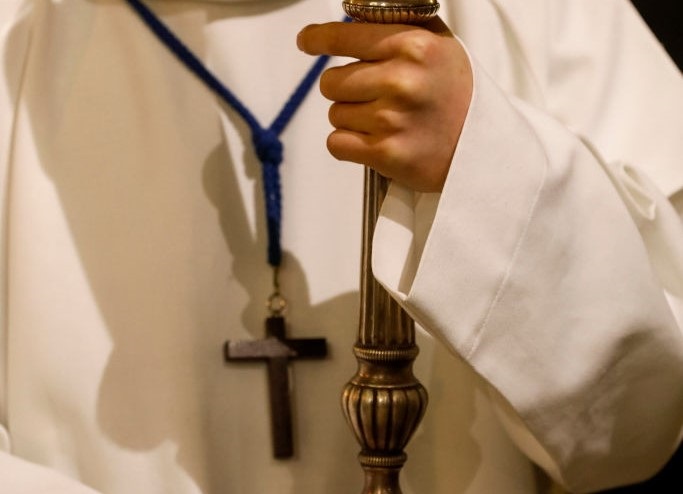
- The High Court is hearing a challenge of the regulations that banned faith-based gatherings.
- That ban has since been lifted as restrictions have eased, but applicants argue that the matter is still justiciable.
- The virtual hearing continues on Tuesday.
The "irrational and arbitrary" decision to ban religious gatherings is being challenged in a virtual sitting of the Gauteng High Court in Johannesburg.
"Let me make it clear: what is being challenged is not [the] government's response to the pandemic. What is being challenged is the irrational and arbitrary decision of the minister to prohibit faith-based gatherings whilst she allowed at the same time, a variety of social gatherings in restaurants," Advocate Margaretha Engelbrecht SC argued on behalf of and Solidariteit Helpende Hand on Monday afternoon.
News24 reported in January that one of the applicants, the South African National Christian Forum (SANCF), had filed urgent papers in the Gauteng High Court in Johannesburg to challenge the lockdown regulations that resulted in churches being closed.
The case, however, was removed from the urgent court roll in February following the announcement by President Cyril Ramaphosa lifting the ban with places of worship being permitted to resume their services with a maximum amount of 50 people indoors and 100 people outdoors, News24 reported.
The ban on religious gatherings - that the court is being asked to set aside - is not currently in place as restrictions have been eased.
While Engelbrecht conceded this fact, she argued that this does not mean that the matter is not justiciable.
Engelbrecht argued that while the ban has been lifted, the country is moving towards the December period, and a real possibility exists where the Cooperative Governance and Traditional Affairs Minister Nkosazana Dlamini-Zuma may ban faith-based gatherings once more while keeping open restaurants, gyms, and casinos.
She raised the issue that during the period where faith-based gatherings were prohibited, shopping malls and restaurants were allowed to operate, and people could gather socially.
"We are not trying to say that it is the same to be in the gym than it is to be in a church – what we are saying is that there is no scientific basis to come to the conclusion that one is more likely to spread the coronavirus when you are attending church service [in a broad sense] …." she said.
In her argument, Engelbrecht questioned what distinguishes the faith-based attendees from people sitting in a restaurant without a 1.5 m distance and those that go to casinos, and other public places.
"Why is it that they have to suffer the ban when other's don't. That is a matter of equality," she argued.
The case continues on Tuesday.
